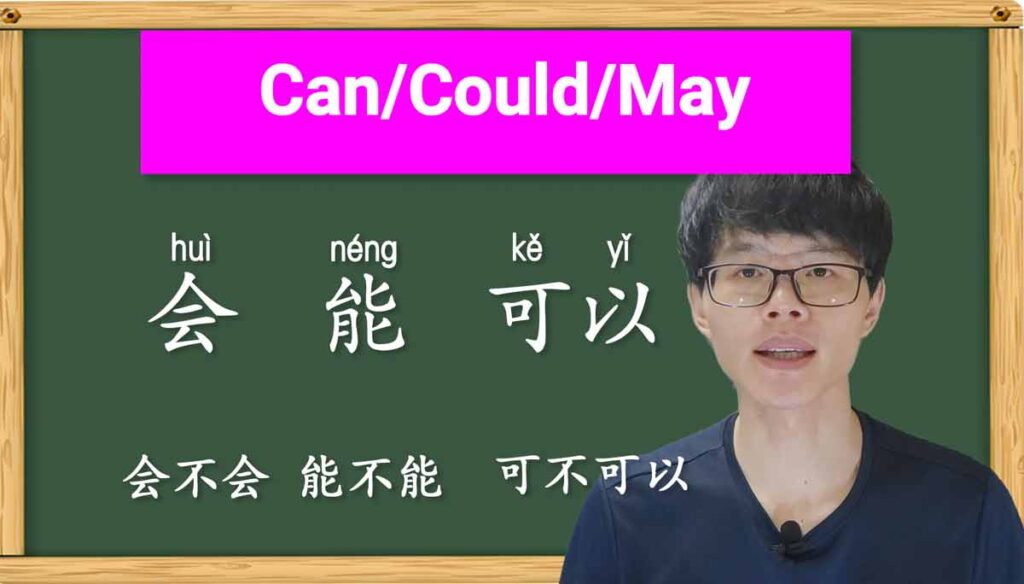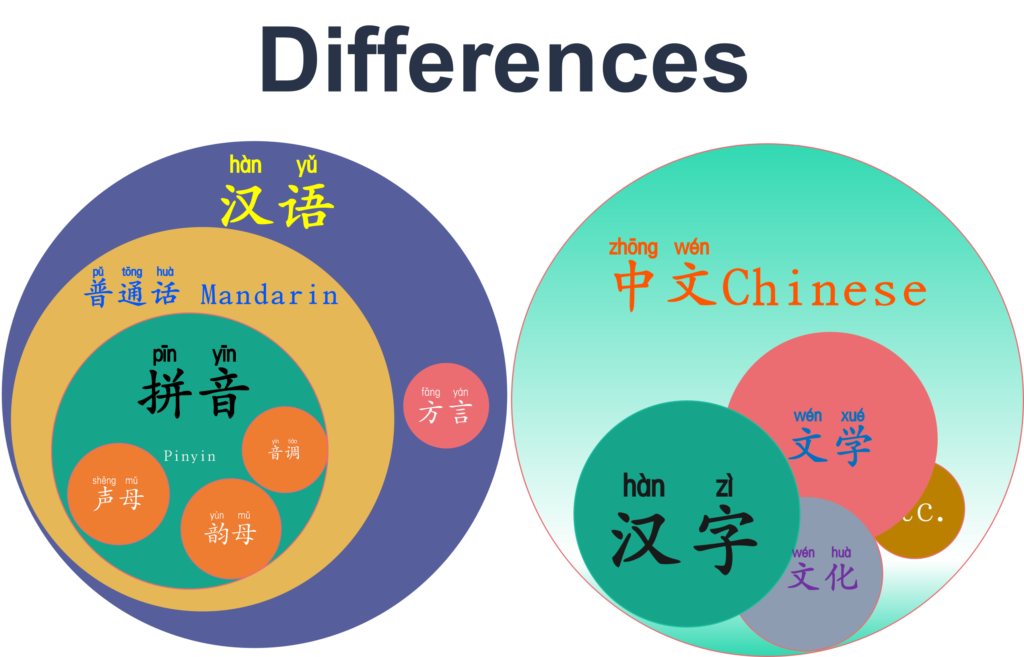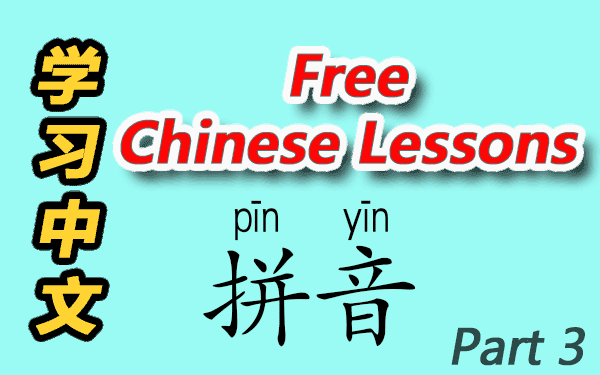In previous lesson, we learned how to say and use “Who”, “When”, “Where”, “What”, and “Why” in Chinese. In this lesson, I will teach you how to say and use ” This”, “These”, “That”, “Those” and “There” in Chinese. Those Demonstrative Pronouns in Chinese are really important. Let’s see how to say and use them.

| 这 | This, This one | |
| 这个 | That, or That one | |
| 那 | That, There | |
| 那个 | That one | |
| 这些 | These | |
| 那些 | Those |
1.”This” in Chinese: 这 [zhè]
“This one” in Chinese: 这个 [zhè gè]
In spoken Chinese, or our daily life, we will use ” 这个” to indicate “This” and this is a formal way to say “this”. Generally speaking, they’re totally the same, all means “This”. Some people will skip “个” in our spoken language. Let’s take a look at examples below.
This (one) is my father
这个是我的爸爸
这是我的爸爸
This apple is delicious
这个苹果很好吃
This is a happy thing
这是很开心的一件事
- This + Noun. (这个+ Noun.)
- This + Verb. (这 + Verb) [The sentence starts with “这”]
If you are a beginner, you can just use “这” to indicate ” This”, but you should know “这个” is also means “This”. As for other ways to say “This”, that would be more complicated, I will teach you in the future.
2. “That” in Chinese: 那 [nà]
“That one” in Chinese: 那个 [nà gè]
The opposite of “this” is “that”, then the use of those words are almost the same. You can use it with or without “个“. I recommend you always add “个” incase you made mistakes.
That (one) is my father
那个是我的爸爸
那是我的爸爸
That is not my problem
那不是我的问题
- That + Noun. (那个+ Noun.)
- That + Verb. (那 + Verb)
3. “These” in Chinese: 这些 [zhè xiē]
Like I said, generally speaking, there’re no plural or singular grammar in Chinese, some Chinese words are plurals, some are singular, and some needs extra words to describe plurals. “These” in Chinese “这些”, you can say that “This” is singular but “These” is plural. In Chinese, it does so.
The Chinese word “些” is meaningful. And it’s a really complicated word. In here, it could mean “some”, which doesn’t care about the quantities and they’re countable or not. You have to remember”些” could mean “some”, “few”, “a few” or “little bit”.
These apples are my father’s
这些苹果是我爸爸的
I like these people
我喜欢这些人
Are these what you need
这些是你想要的吗
4. “Those” in Chinese: 那些 [nà xiē]
I want to buy those apples
我想买那些苹果
Those flowers are beautiful
那些花漂亮
NOTE: When we say “This” or “That” with “个” or without “个” are the same. However, when we say “These” or “Those”, always followed extra word “些”.
5. “There” in Chinese: 那 [nà ]
“那” has many meanings, it could be “here”, or could mean “there”. It all depends on the talking environment. Let me make an example for you
“Where is my mother?” translate into Chinese “我妈妈在哪?”
“She is there !” translate into Chinese “她在那!”
if she is not far away from you, you will say “she is here”. So if you mean the opposite of “here”, which is “there”. In this case, “那” also means “There”.
These are the basic knowledge of “这”, “那”, “这些”, “那些”. All you need to do is practice them with audio and knowing how to use them. In the following lessons, I will teach you their other meaning and usage. If you have any questions, please comment below. Thank you.















